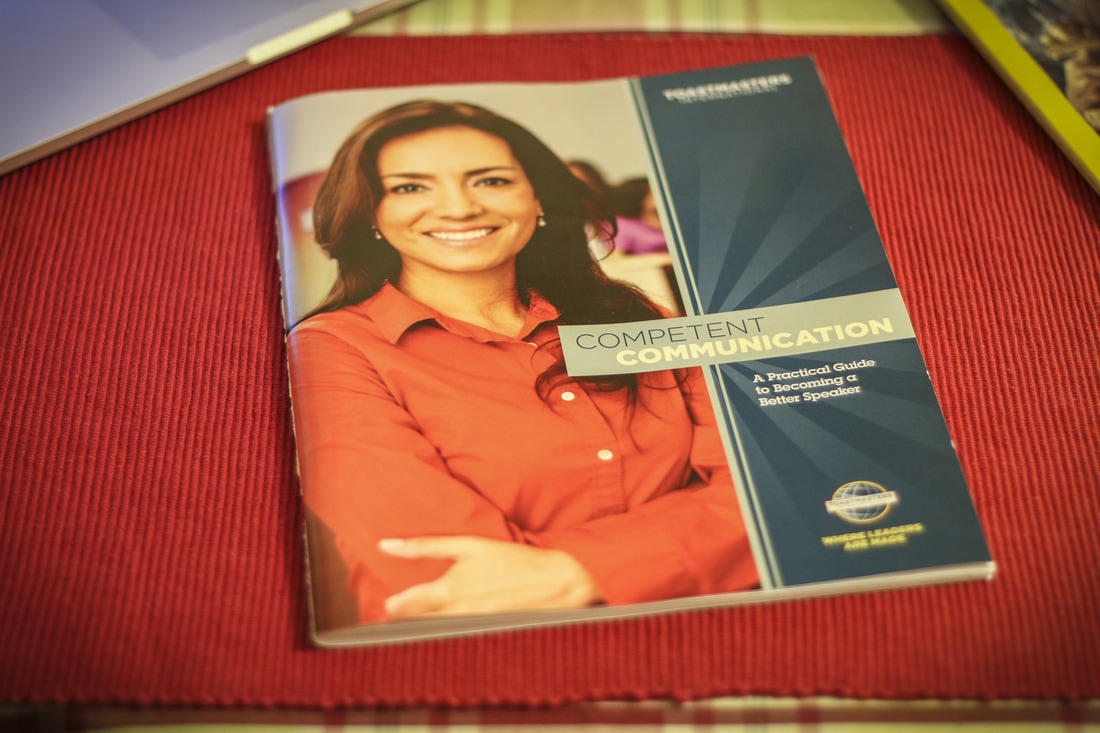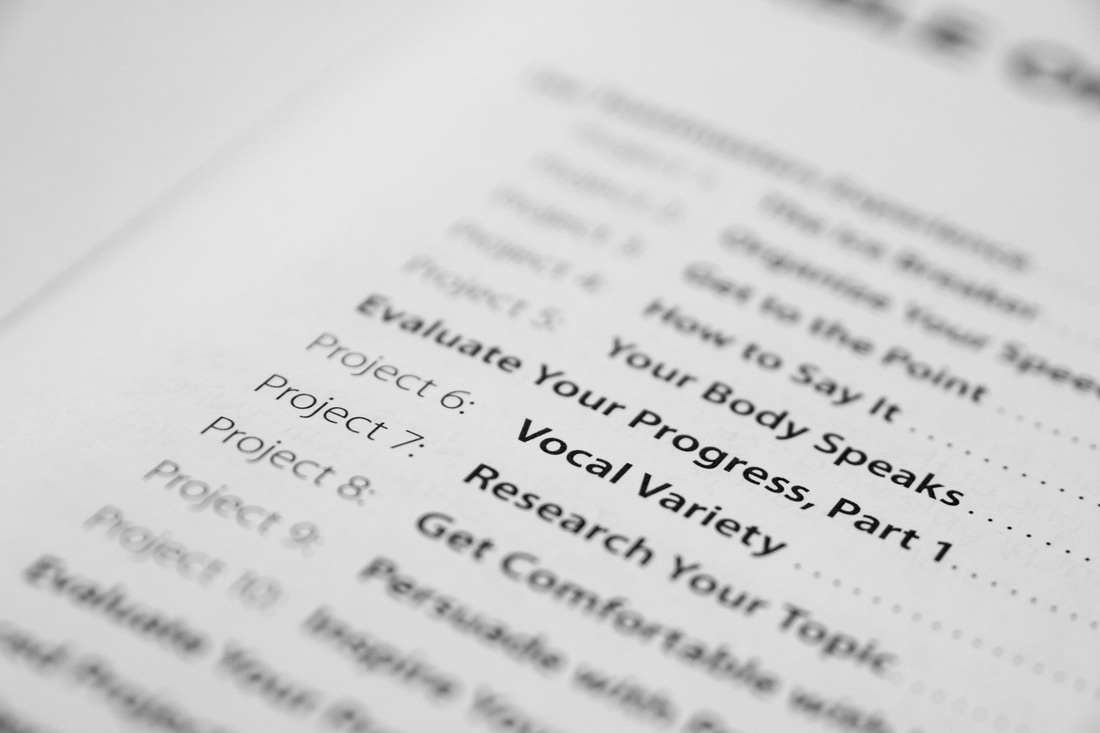 This is the first part of a blog series. If you ever had to speak in front of a large audience or a small group of really important people (like say, your committee), you probably know how tough that can be. Talking coherently, avoiding fill words, and following a storyline or reasoning that people understand — speaking well is hard. I realized how much I had to work on this for myself last December. I had applied to be a student speaker at the University of Oklahoma's annual TEDx conference every January. I’ve been involved with TED for many years behind the scenes, translating subtitles of TED talk from English into German, and doing photography at TEDxOU since I started my Ph.D. in Norman. This was my moment to shine on stage — and I failed big time. Despite planning and preparing for over 6 months, collecting information and developing a storyline, the audition session went anything but smoothly. I stuttered, lost my trail of thoughts, forgot key points of my talk, and even went overtime. Not surprisingly I was not selected as a speaker. What did surprise me, though, was that the selection committee liked my topic, science communication, and I got invited to speak at next year’s TEDxOU as a regular speaker.  All I need to learn until then is how to pull off the perfect TED talk. But being a good speaker helps for more than TED talks. I can become better at presenting my research at conferences, deliver elevator speeches, be more confident in my dissertation defense, or simply get a point across at a party or on the plane. So, in this blog series I will share some of my experiences, lessons learned, and funny stories along the way. In mid-January, I decided to take become a member of Toastmasters International, a non-profit that teaches speaking and leadership skills. I joined a group that two of my coworkers were already part of, at first as a visitor, and after a few weeks as a (paying) member. (Just to be clear, this series is not sponsored or endorsed by Toastmasters. I’m paying my membership fees just like everyone else and don’t get any special treatment for writing about it.) Toastmasters is a bit like school for grown-ups. Our group is a cheerful mix of a dozen or so researchers, business managers, and retirees, and in each of our weekly meetings there are one or two prepared speakers, a round of table topics — themed questions on topics like traveling, Christmas, or gardening that people need to answer on the spot — and the word of the day, selected by a group member for people to incorporate into their speeches. Someone leads the meeting while others carefully evaluate all speakers, keep an eye out for grammatical errors, fill words, if the word of the day was used, by whom, and how many times, and most importantly of all if people went over their allotted time. Or under. The rotating schedule is meticulously planned, to say the least.  A few weeks after becoming a paid member I received my learning materials with ten projects on organizing a speech, choosing the right words, using body language to emphasize, or inspiring my audience. To finish all ten in one year I will need to do about one every month. So much for starters. Here we go. |
 RSS Feed
RSS Feed
